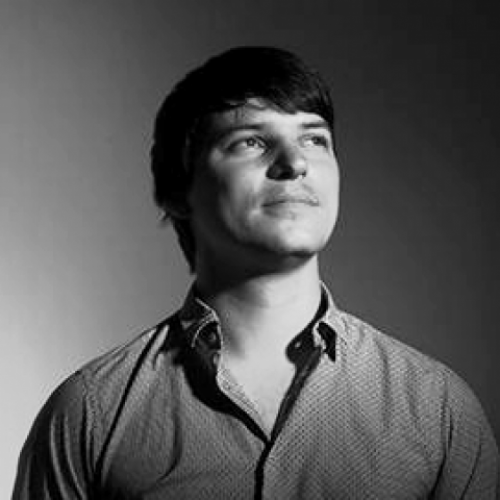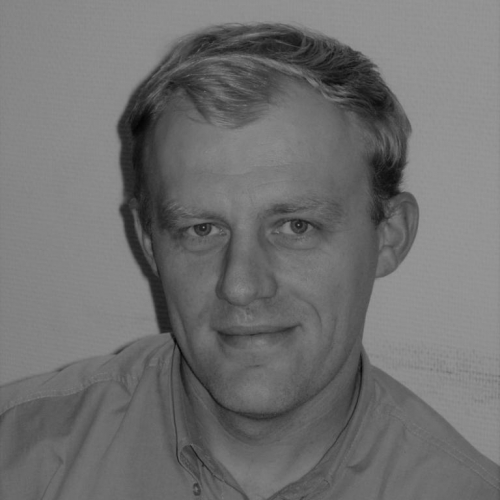PlastiCity - Resourcing Plastics from the City
The Interreg 2 Seas region is one of the most proliferative regions in the EU when it comes to generating plastic waste. However, plastic recycling rates are still very low. Especially within the urban environment, a lot of plastic waste is available that would, in terms of quality, technically be eligible for recycling but is not effectively validated. These so-called “lost plastics” can form a prominent role in the circular economy, providing actors and stakeholders with an economic opportunity to benefit by stepping away from traditional plastic disposal methods.
The objective of the PlastiCity project is to discover and develop these economic opportunities in 4 case studies in the partnering cities. In this context, Plasticity will carry out a study on the compositions and quantities of industrial and commercial plastic waste in the urban environment. As a next step, the project will look for new solutions for collection logistics, sorting facility equipment, up to designing final products from waste. Furthermore, it will focus on engaging stakeholders in urban platforms.
The four partner cities (Ghent, Belgium; The Hague, NL; Southend-on-Sea, UK and Lille/Douai, France) differ a lot in economic typologies, waste management schemes, cultural context, and local and regional policies. Insights in this variety and its impact on the business models facilitate the assessment of specificities and best practices and assists the replication towards urban areas beyond the scope of the project case study cities.
All together our main aim is, to develop replicable strategies and solutions that are able to increase recycling rates in urban environments from 20-30% to over 50% by unlocking the use of “lost plastics” as secondary resources from the urban environment.
The main objectives are:
- Mapping and analysing industrial and commercial plastic waste stream in urban environments
- Develop technical strategies for (reverse) logistics and reprocessing of plastic waste
- Inducing behavioural change and creating capacity of stakeholders such as local governments and companies through urban platforms
- Demonstrate this in 4 case study cities in the 2Seas area (Ghent (BE), Den Haag (NL), Southend On Sea (UK) and Douai (FR))
- Creating new value chains and designing new products, amongst others by unlocking the full potential of ‘medium’ size actors (SME’s, offices, retail, schools, etc.)
- Deploy a mobile unit for testing, demonstration and sensitisation
- Create business activity and employment in the circular economy

